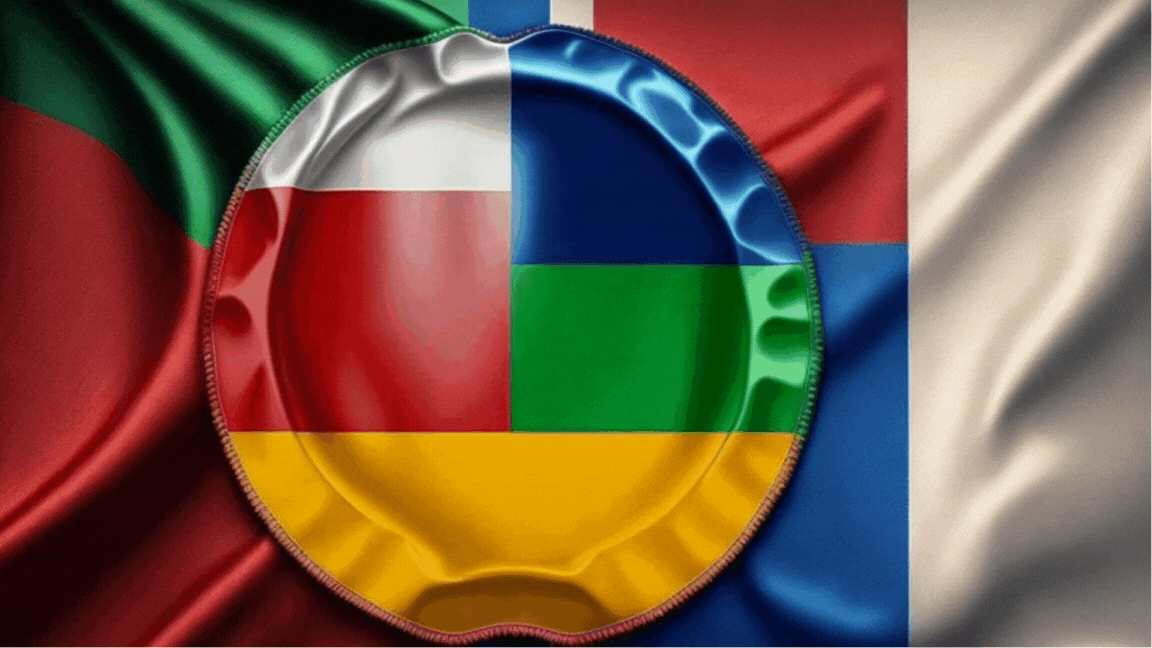The Latin American Report # 573

In a statement reflecting the overload of the Bolivian electoral scene, as well as some socio-political dynamics typical of these events in certain Latin American countries, the nation's highest electoral court has urged its departmental branches to prevent voters from entering polling stations with mobile phones. This responds to numerous complaints that government-aligned parties and authorities are coercing (some) officials to take photos proving their final electoral decision under threat of dismissal. "We understand this isn’t an easy task for poll workers, but whenever possible, it’s a recommendation to avoid this situation," explained Fernando Arteaga, Chamber Secretary of the Supreme Electoral Tribunal, this Saturday.
It appears the issue isn’t solely about certain political structures demanding their members or allies vote for their candidate. Rather, taking this vote for granted, they seek to create an alternative mechanism to contrast the official vote count results, which are public regardless. "Any national, departmental, or municipal authority forcing or coercing voters must answer to Justice. Voting is secret, free, and no one can be compelled," an electoral official defended yesterday. Bolivians will elect their next president and legislators tomorrow to serve a five-year term. Voting is mandatory in this country; thus, for the next three months, citizens must show their voting certificate to process paperwork in public institutions or banks.
Meanwhile, from the Great House of the People, authorities rejected other opposition allegations claiming President Luis Arce’s government has a plan underway to accuse the political force of businessman and top contender Samuel Doria Medina of electoral fraud. "We emphatically reject each of these irresponsible claims and strongly urge all alliances, parties, movements, and candidates to act with total and absolute responsibility in these elections," responded the ruling party via the Vice Ministry of Communication, dismissing the issue as a "dirty war among right-wing parties."
For the first time in 20 years, the Movement Toward Socialism—through which veteran coca-growers' union leader Evo Morales rose to power in 2006—is ruled out by default not only from being the first in the bets but from being a serious contender. However, one must always await confirmation after multiple high-profile election poll failures, though here consensus seems broad. The party, largely reliant on Indigenous votes, retained power after Morales’ failed attempt to secure a fourth term in 2019, but fizzled out when the de facto leader of Cochabamba’s Tropics began attacking Arce, once his disciple and ally. After years of cross-accusations, pressure tactics, aggression, and widespread disinformation, the result is a massive schism, making it impossible for the left to remain as La Paz’s political brain, not discounting the impact of the severe, comprehensive economic crisis affecting the populace on the electoral landscape.
Doria Medina—associated with a center-right political line—leads the polls, but appears short of securing all votes needed to surpass right-wing former President "Tuto" Quiroga by the required margin. This suggests a runoff is the most likely outcome—a potentially unprecedented scenario since this electoral stage was introduced in 2009 and hadn’t been needed until now due to the left’s previous political strength. Morales, retaliating politically for being barred from running, is calling for null votes. Whether due to his influence or other reasons, these are expected to be high. Over 7,567,200 citizens over 18 are expected at polls tomorrow domestically, while over 369,300 abroad are eligible to exercise the same right.
